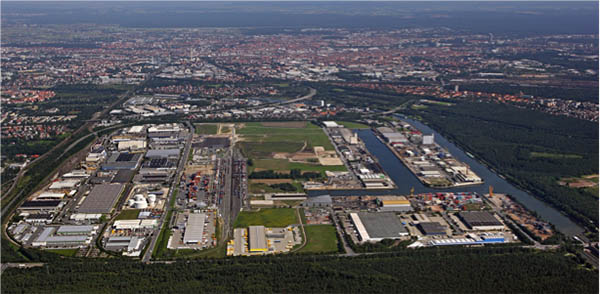
Infrastructure as New Life?
Today, logistics as the science and industry of cross-border transportation of mainly industrial products drives “revolutions” from energy to retail. As most world economies continue to accelerate their involvement with economic globalization, logistics continue to take over local economies in many regions around the world. Paradoxically, many states and sovereigns around the world are also looking (back) to logistics infrastructure as a panacea to curb the half-century-long devastating effects of deregulation of trade, finance and services on nation-state-centric political economies. One can observe this move both in countries of North America and Europe, where the post-1950s deterioration of public infrastructures has long been a problem. The Right’s recognition of this deterioration was at least partly responsible for carrying it into power, for example, in the U.S., although the Left has also occasionally touted this kind of infrastructure politics. In places like China, or Turkey, a country with which I am more familiar, economic development based on the infrastructure, transport, and construction sectors is much newer. This move toward infrastructure, though, at the same time may reflect the end of sovereign state authority, at least as we know it, and the beginning of a new kind of statecraft. (read more...)
